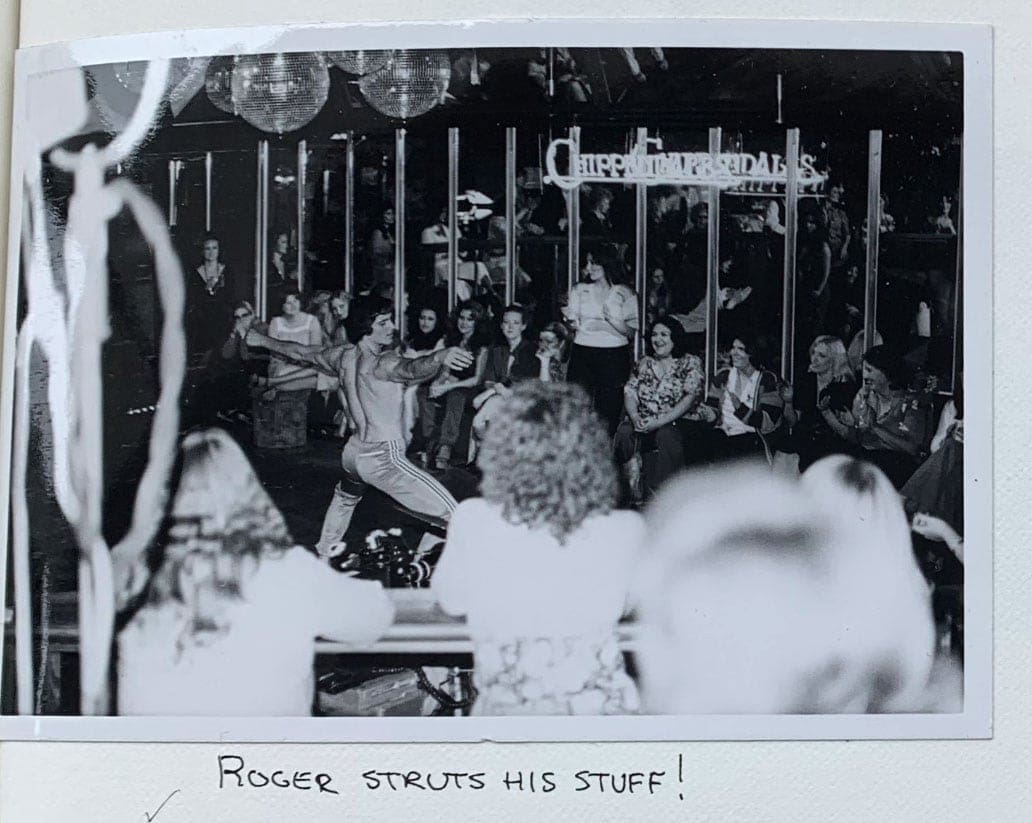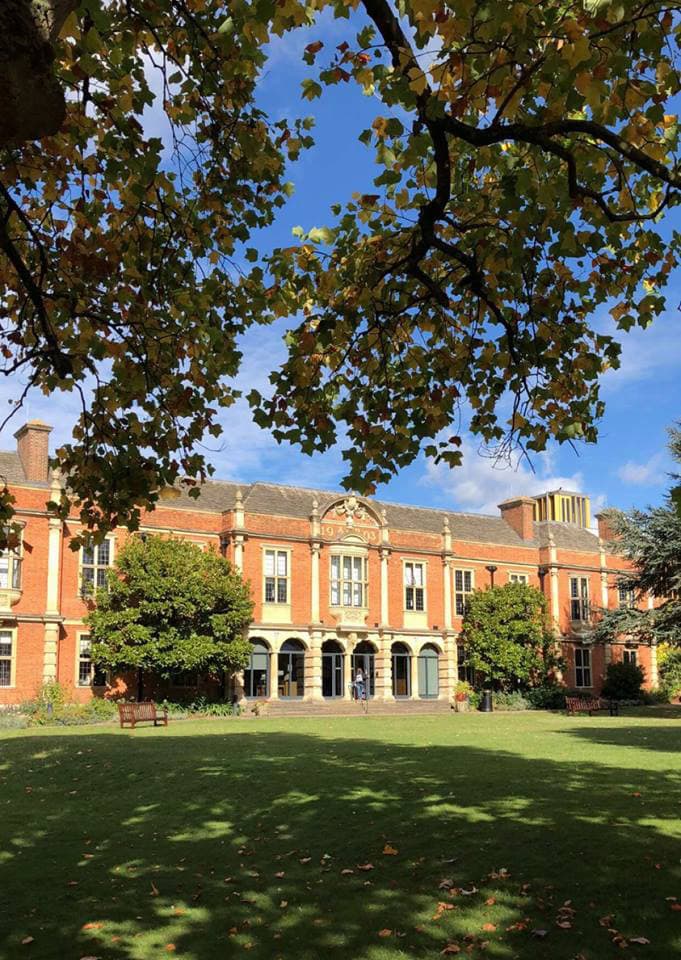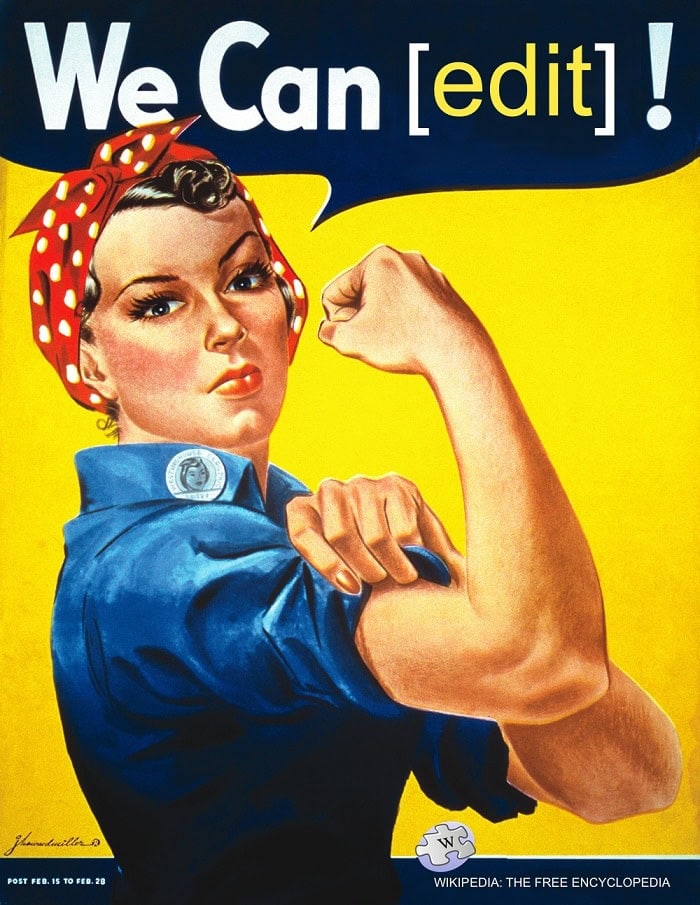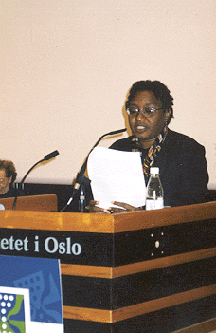 The year 2000 conference of the International Federation for Research in Women’s History (IFRWH) convened in Oslo in conjunction with the International Congress on the Historical Sciences of which IFRWH is an affiliated society. “Conflict and Co-Operation in Sites of Cultural Co-Existence: Perspectives from Women’s History” was the organizing theme. IFRWH Vice President Nancy Hewitt (Rutgers University) assembled a sparkling array of participants, coming from every continent to demonstrate the far-flung vibrancy of women’s history research at the millennium.
The year 2000 conference of the International Federation for Research in Women’s History (IFRWH) convened in Oslo in conjunction with the International Congress on the Historical Sciences of which IFRWH is an affiliated society. “Conflict and Co-Operation in Sites of Cultural Co-Existence: Perspectives from Women’s History” was the organizing theme. IFRWH Vice President Nancy Hewitt (Rutgers University) assembled a sparkling array of participants, coming from every continent to demonstrate the far-flung vibrancy of women’s history research at the millennium.
The three-day conference opened with a multimedia presentation by Maria Grever and Berteke Waaldijk, demonstrating how a wide variety of technologies, including a web site, could be used to make their work on the 1898 Dutch National Exhibition on Women’s Labor available to a broader audience. Their presentation, which combined textual and visual materials, graphically demonstrated how this ambitious women’s project, undertaken by urban feminists, raised all sorts of issues about cooperation and conflict, most notably with respect to difficult issues that developed between the lady managers, the skilled Dutch working women whose labor and products were on display, and the Indonesian villagers who were shipped in from the Dutch colony in southeast Asia to “inhabit” a village during the exposition.
Rhoda Reddock, a historian from the University of the West Indies, Trinidad and Tobago, gave the keynote address. She presented the complicated history of settlement in these Caribbean islands, focusing on the ways in which issues of gender were inextricably embedded in conflicts that now center on Europeans on the one hand and ethnic women whose backgrounds were variously African or subcontinental Indian on the other, and on issues of masculinity with respect to controlling “their” women among the men of the various subaltern groups.
The first group of sessions centered on colonial encounters opened with papers by Gunlog Fur, Joy Litelman, and Barbara Bergland that considered gendered relations in encounters of Swedes with the Sami and Lenapehoking peoples in northern Sweden and of Scandinavian immigrants to the United States with indigenous peoples. Two papers (by Maria-Beatriz Nizza da Silva and Tanja Christiansen) explored cooperation through witchcraft among Indian, black, and white women in Brazil (based on Inquisition records), and responses by lower-class women in Peru to the Spanish code of honor (based on criminal trial records). A joint paper by Noriyo Hayakawa and Shen Jie explored the relationship between a Japanese Buddhist woman and her Manchurian Christian servant during the Japanese occupation of Manchuria. Sylvia Van Kirk provided a stimulating analysis of the five papers, which led to a brisk discussion about the varieties of cooperation and conflict.
“Women’s Missions: Home, School and Church” provided the second theme. Papers by Bharati Ray, Monica Tetzlaff, Deborah Gaitskell, and Helen Harper looked at relations between and among women of different religious backgrounds in two colleges in colonial Bengal; among black and white friends on the Sea Islands of South Carolina; the crossing of racial boundaries by the Mothers’ Union, a huge organization of Christian women in South Africa; and issues arising between white women in the Canadian arctic and their aboriginal women counterparts. Pat Grimshaw skillfully drew these papers together, expanding the perspective to a gendered consideration of issues in British colonization and cultural imperialism.
A third theme concerned “War, Refugees, and Exile.” Six papers (by Leslie Schwalm, Brigitte Studer/Berthold Unfried, Marlene Epps, Margaret L. Myers, Shirin Akhtar, and Jane Kani Edwards) considered gender issues in groups as diverse as escaping slaves during the American Civil War, Swiss communist party members as refugees in the USSR, Mennonite emigrants from the Ukraine, Jewish women in post–World War II Germany, women refugees in Bangladesh and India, and refugee women from the Sudan. As rapporteur, Christine Harzig thoughtfully called for further reflection on the sources and for further emphasis on the “political” dimension of “private” experience.
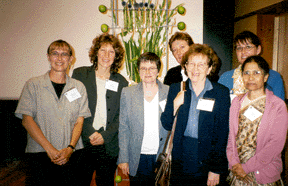 “Creating and Contesting Nationalism and National Identities,” the fourth theme, featured four papers (by Rebecca McCoy, Krassimira Daskalova, Inger Marie Okkenhaug, Ann-Catrin Ostman), encompassing relationships between protestant and Catholic women in 19th-century French Alsace, women’s efforts to insure inclusion of their needs in the formation of the Bulgarian nation-state in the 19th and 20th centuries, issues concerning women’s education across religious affiliations in mandate Palestine, and Finnish-Swedish issues in independent Finland. In her comment, Barbara Bush suggested that the various findings point to a need, where women are concerned, to distinguish different kinds of nationalisms and to look more closely at issues about cultural reproduction.
“Creating and Contesting Nationalism and National Identities,” the fourth theme, featured four papers (by Rebecca McCoy, Krassimira Daskalova, Inger Marie Okkenhaug, Ann-Catrin Ostman), encompassing relationships between protestant and Catholic women in 19th-century French Alsace, women’s efforts to insure inclusion of their needs in the formation of the Bulgarian nation-state in the 19th and 20th centuries, issues concerning women’s education across religious affiliations in mandate Palestine, and Finnish-Swedish issues in independent Finland. In her comment, Barbara Bush suggested that the various findings point to a need, where women are concerned, to distinguish different kinds of nationalisms and to look more closely at issues about cultural reproduction.
The fifth and final theme was “Sisterhood and Sibling Rivalry: Women’s Movements and Feminist Movements.” Five papers (by Susan Zimmermann, Gabriela Cano, Aparna Basu, Naziema Jappie, and Judith Zinsser) examined the particularities underlying the Hungarian women’s movement before 1918, Mexican feminist critiques of American activist women, Hindu-Muslim issues in the Indian women’s movement, issues of concern to women in building the new South Africa, and the evolving language of action programs for women emerging from the United Nations Decade for Women. Commentator Birgitta Bader-Zaar remarked on the centrality of language issues to all these debates as well as to issues of dominance and hierarchy, even among women.
The final part of the program was a workshop sponsored by the International Museum of Women, a San Francisco-based project, and led by board members , Noreen Hughes, and Elizabeth Colton. The workshop was designed to collect feedback from women’s historians around the globe to assist in developing the design concept and content for the museum’s permanent exhibition.
A dinner for women’s historians, organized by Hilda Sandvik (University of Oslo), and a reception honoring Ida Blom (University of Bergen), the first president of IFRWH, provided social occasions for all historians interested in the progress of women’s history on the international level. Sølvi Sogner surprised Blom with a volume, edited by Sogner and Gro Hagemann, Women’s Politics and Women in Politics: In Honour of Ida Blom, containing scholarly contributions by many colleagues in international women’s history.
The business meeting voted favorably on the applications of five new national committees: Bangladesh, Finland, Hungary, Lithuania, and Poland.
New officers for IFRWH 2000–05 include: President: Mary O’Dowd (Queen’s University, Belfast, North Ireland); Vice-President: Pirjo Markkola (University of Tampere, Finland); Secretary-Treasurer: Karen Hunt (Manchester Metropolitan University, UK); Newsletter Editor: Eileen Boris (University of Virginia, USA). New board members: Shirin Akhtar (Bangladesh); Noriyo Hayakawa (Ferris Women’s University, Japan); Alison Mackinnon (University of South Australia); Mrinalini Sinha (Southern Illinois University, USA); Sylvia Van Kirk (University of Toronto, Canada).
Karen Offen (Institute for Research on Women and Gender at Stanford Univ.), a founding member of the IFRWH, chaired the AHA's Committee on International Historical Activities from 1986 to 1990.
